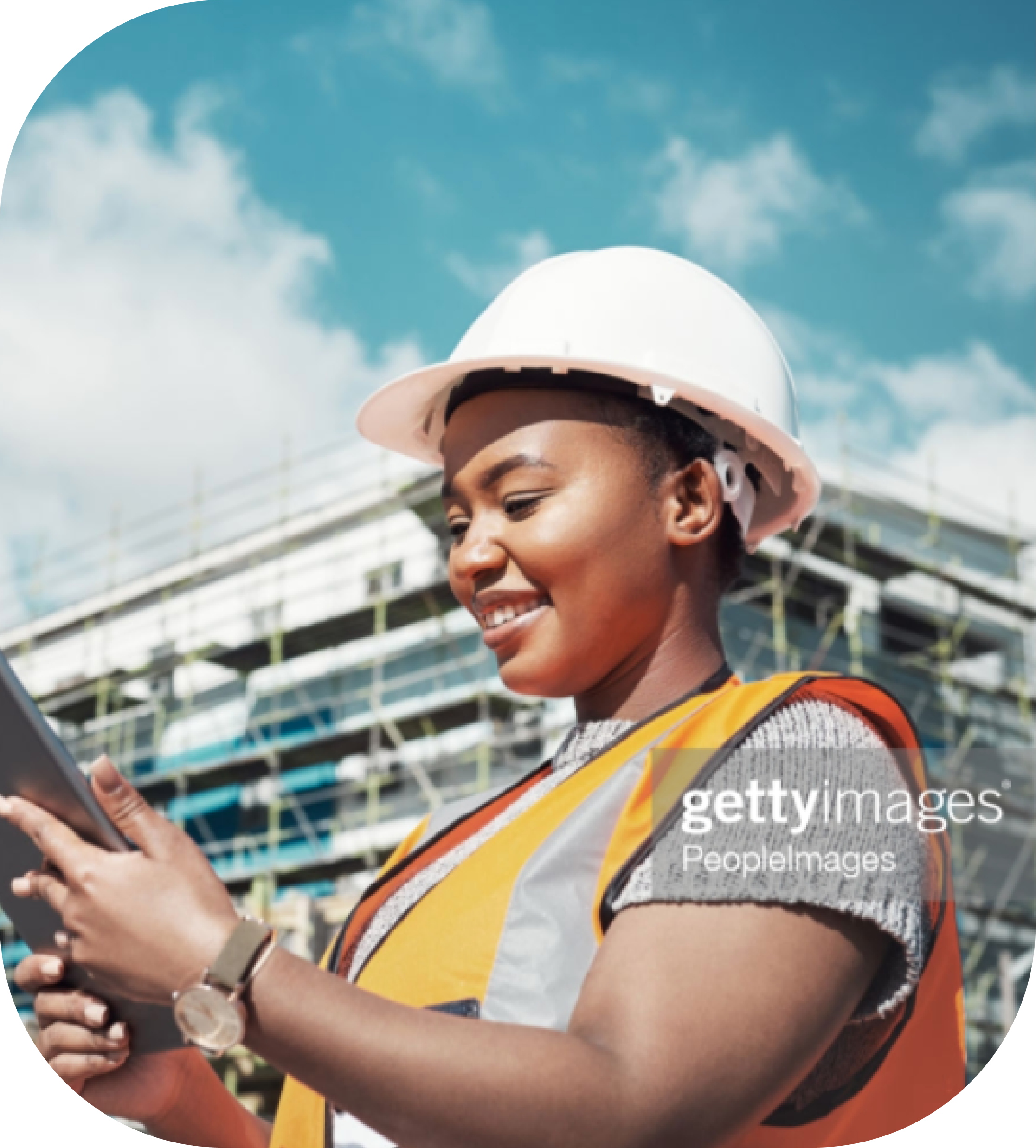Our Work
- Home
- /
- Our Work
PARTICIPATORY DEMOCRACY & CLIMATE JUSTICE
Key Activities:
- Provide quality training, education, and funding to build community capacity to engage in decision-making.
- Build relationships with individuals, organizations, and anchor institutions to advocate for community priorities and ensure procedural equity for climate-related policy and programs.
- Advocate for programs and policies prioritizing clean energy workforce investments and other climate investments in frontline communities.
- Build knowledge and awareness of climate-related funding opportunities, especially IIJA, IRA, and Justice 40.
- Identify long-term and sustainable funding opportunities for community and worker powerbuilding goals.

Just Transition Powerforce
Energy Democracy
People’s J40+ Playbook
ARC
CESBS
ECCB
Outcomes
- Frontline communities, especially communities of color, are equipped to be at the forefront of decision-making during planning and implementation.
- Workers, especially workers of color, are well-represented and empowered in building trades and other unions.
Impacts
- Frontline communities, especially communities of color, are equipped to be at the forefront of decision-making during planning and implementation.
- Building trades and other unions leverage their power for intersectional and equitable outcomes.

- Frontline communities, especially communities of color, are equipped to be at the forefront of decision-making during planning and implementation.
- Workers, especially workers of color, are well-represented and empowered in building trades and other unions.
- Frontline communities, especially communities of color, are equipped to be at the forefront of decision-making during planning and implementation.
- Building trades and other unions leverage their power for intersectional and equitable outcomes.
ECONOMIC INCLUSION
Key Activities:
- Build the capacity of MWDBEs to increase their participation in the green economy and their percentage of clean energy contracts.
- Provide training, skills development, and coaching to BIPOC individuals and women to increase their percentage of workers in the clean energy economy.
- Shape local ecosystems to increase the number of MWDBE contractors with access to capital.
- Influence the government and private sector to establish access to more, higher value clean energy contracts for MWDBEs.
- Expand, deepen, and replicate workforce programs to increase access to high-road employment for frontline communities, especially communities of color.
- Build ECC's capacity to evaluate economic inclusion program outcomes.
- Advocate for programs and policies that increase the representation of workers of color in building trades and other unions.
- Work with building trades and other unions to identify equitable pathways to membership.
- Build relationships with K-12 schools, colleges, and universities, including HBCUs, to provide opportunities for workforce program partnerships and clean energy project implementation.
- Identify long-term and sustainable funding opportunities for economic inclusion goals
E-Contractor Academy
HRAMBI
People’s J40+ Playbook
WET
ACES
Just Transition Powerforce
Outcomes
- Trained minority, women, and disadvantaged business enterprise (MWDBE) contractors can increase revenue, worker wages, and competitiveness in the green economy, including greater access to clean energy construction opportunities due to more equitable procurement practices.
- Workers, especially workers of color, can access union pathways and are well-represented and empowered in building trades and other unions that support equitable and sustainable construction opportunities.
- Frontline communities, especially communities of color, are highly trained to participate in climate-critical jobs and have increased exposure and knowledge of green career pathways.
Impacts
- There is equitable representation and participation in the green economy from frontline communities, especially communities of color, with greater representation in building trades and other unions and increased supplier and workforce diversity, allowing communities of color to build generational wealth
EQUITABLE IMPLEMENTATION & EVALUATION
Key Activities:
- Advocate for and lead efforts that support climate justice policies that prioritize and deliver energy equity to frontline communities.
- Develop internal program evaluation systems and library to guide, evaluate, and share work.
- Provide technical assistance and capacity building.
- Explore and implement new climate resilience projects and initiatives.
- Support building decarbonization initiatives and create more energy-efficient homes for low—and moderate-income families and communities.
- Ensure that climate justice policies and programs prioritize energy equity for frontline communities, especially communities of color.
- Implement a pilot project in partnership with building trades and/or other unions.
- Identify long-term and sustainable funding opportunities for equitable implementation and evaluation.
Just Transition Powerforce
Energy Democracy
People’s J40+ Playbook
ARC
CESBS
ECCB
Outcomes
- Frontline communities, especially communities of color, are involved in shaping the implementation of green equity development projects in their communities and have equitable access and implementation of benefits of climate policies and programs.
Impacts
- The transition to clean energy is equitable and results in a significant increase in participation, in all aspects, from frontline communities, especially communities of color.
- These communities have healthier, more energy-efficient homes that lead to improved quality of life and well-being.
REPLICABLE STRATEGIES
Key Activities:
- Document in an internal resource library and share ECC program results and lessons learned with storytelling and external information sharing.
- Develop internal expertise and implement program enhancements to improve outcomes for residents and businesses in disadvantaged communities.
- Develop products—popular education curriculum, publications—to codify ECC's technical assistance delivery in key areas, including labor community partnerships, organizing multi-stakeholder tables, and facilitating community benefits/workforce agreements.
- Strengthen and build strong partnerships and coalitions.
- Advocate for and lead efforts that support the creation of equitable pathways to union membership based on ECC’s experience delivering contractor and workforce development programs.
Just Transition Powerforce
Energy Democracy
People’s J40+ Playbook
ARC
CESBS
ECCB
Outcomes
- ECC’s organizational structure, administration, and operations promote increased collaboration, innovation, and communication.
- ECC has increased its ability to impact the climate justice movement via the successful implementation of replicable projects and programs and increased notoriety and positive reputation.
Impacts
- The climate justice movement is catapulting forward. ECC is a notable expert in community power-building, economic inclusion, and equitable implementation.

